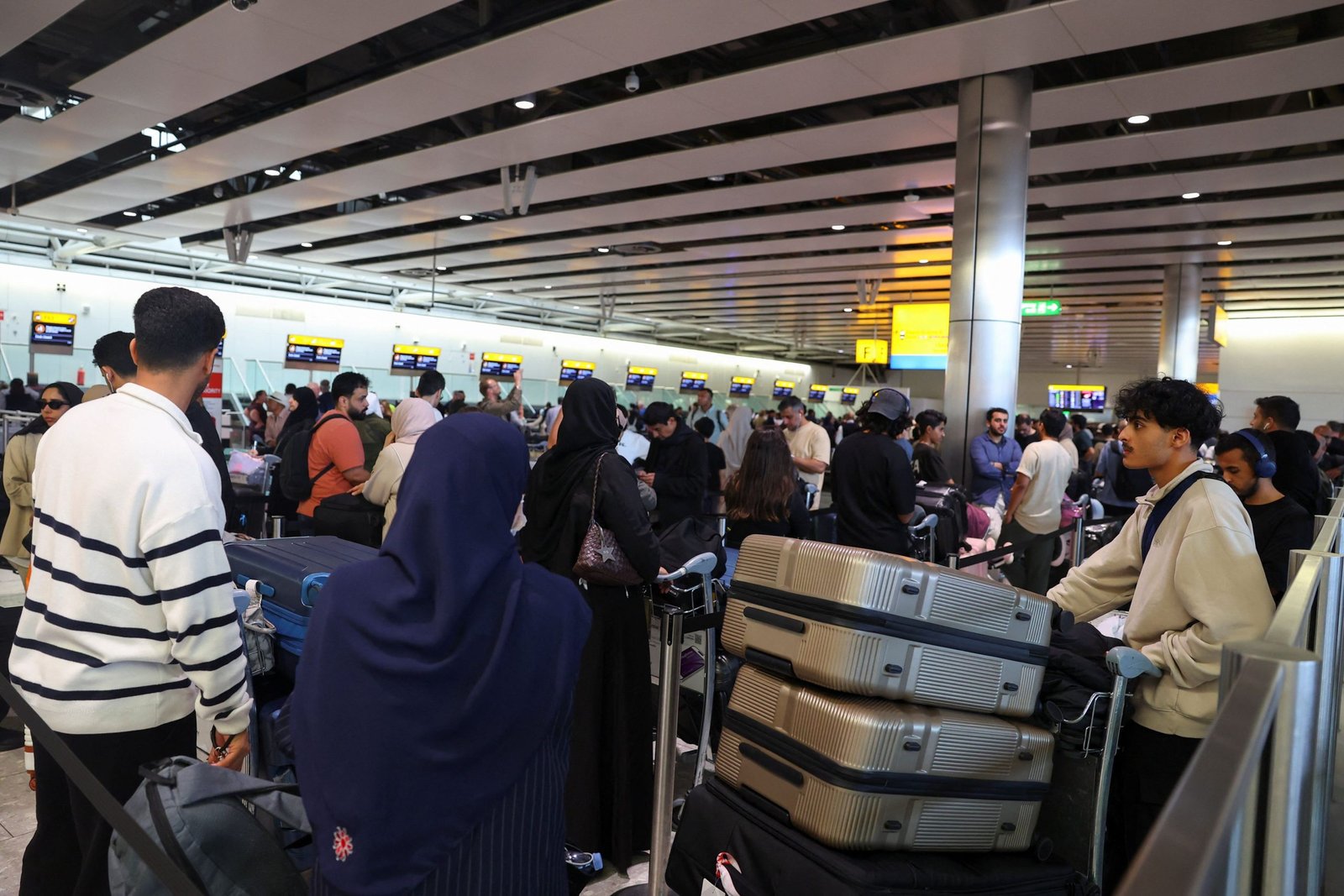A large-scale cyberattack on the evening of September 19 severely disrupted operations at airports in London, Brussels and Berlin. According to BBC, the attack targeted the servers of Collins Aerospace, disabling its MUSE software, which underpins airline check-in, boarding and baggage systems worldwide. The outage led to long queues, delays and cancellations throughout the weekend. Authorities have not yet identified the perpetrators.
Authorities respond to widespread disruption
Flight tracking service FlightAware reported hundreds of delays on Saturday across the affected airports. The UK’s National Cyber Security Centre said it was working with Collins Aerospace, British airports, the Department for Transport and law enforcement to fully assess the impact. The European Commission also stated it was closely monitoring the situation. While investigators have not confirmed responsibility, cybersecurity experts suggested the attack could involve ransomware aimed at stealing personal data or state-backed operations intended to destabilize critical systems.
Aviation sector faces rising cyber risks
A report by Thales SA indicated that ransomware attacks in the aviation sector surged by 600% in 2025 compared with the previous year, impacting airlines, airports and navigation systems. A separate study by Bitkom highlighted that cyberattacks cost the German economy nearly €300 billion over the past 12 months, with Russia and China frequently identified as sources of hostile activity. Analysts warn that attacks on IT providers can paralyze entire industries, underscoring the vulnerability of global supply chains.
Call for stronger international cooperation
The incident revived concerns about the security of critical infrastructure, from airports to energy networks. Experts stress the need to shift from reactive to proactive defense through constant monitoring, regular software updates and multi-layered security systems. They also urge governments and private companies to intensify international cooperation, share intelligence, and establish joint cybersecurity centers. Without robust safeguards and stronger user awareness of basic cyber hygiene, vulnerabilities across the aviation supply chain remain exposed to exploitation.










